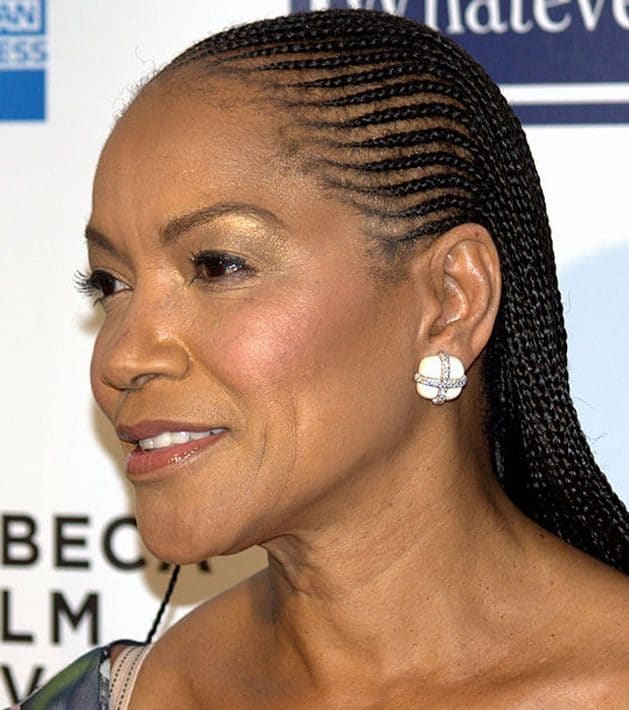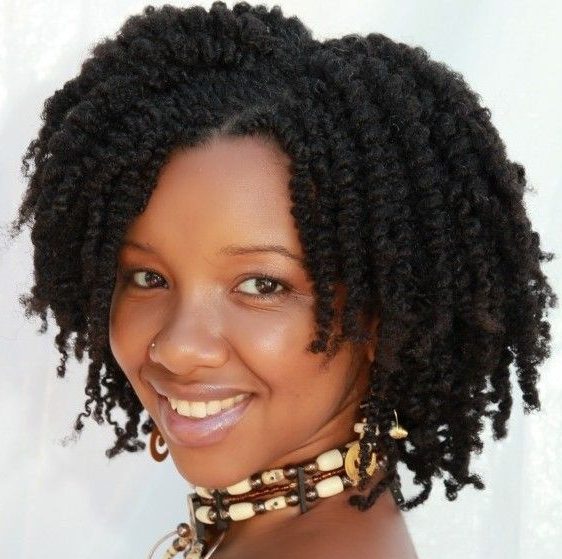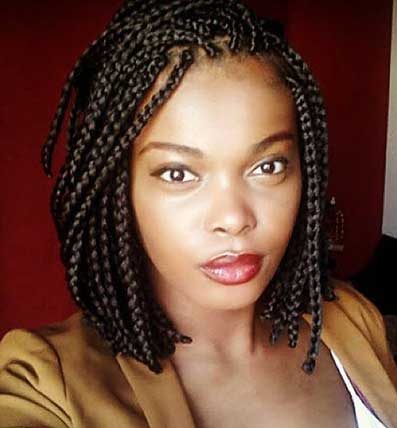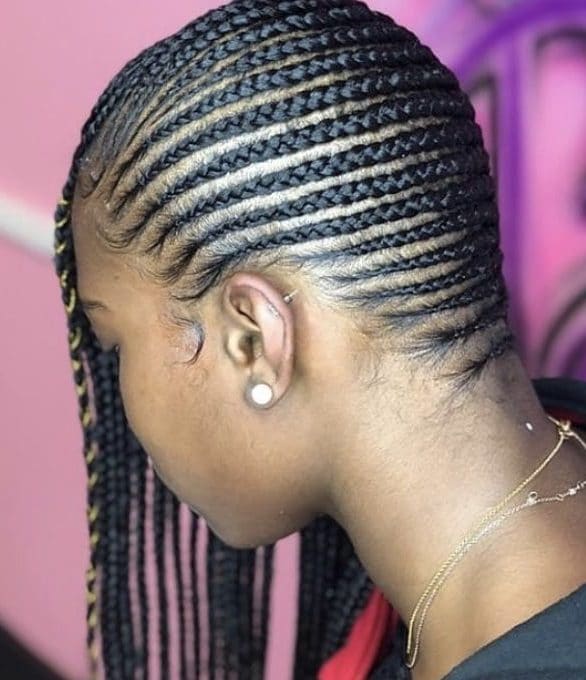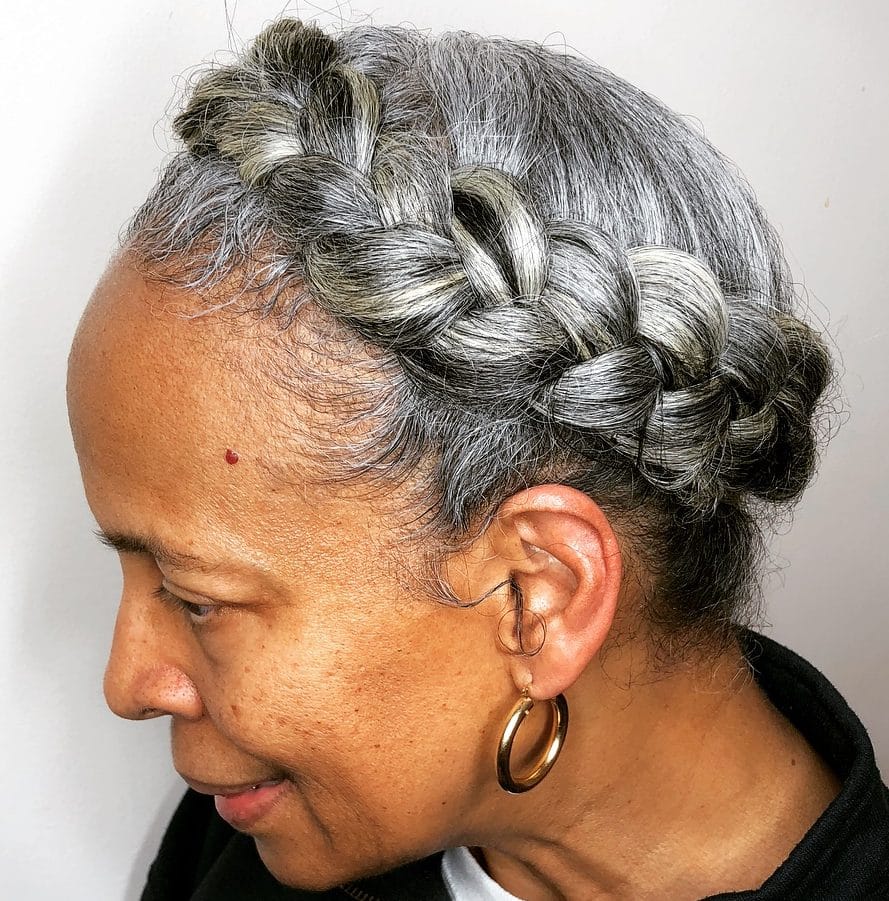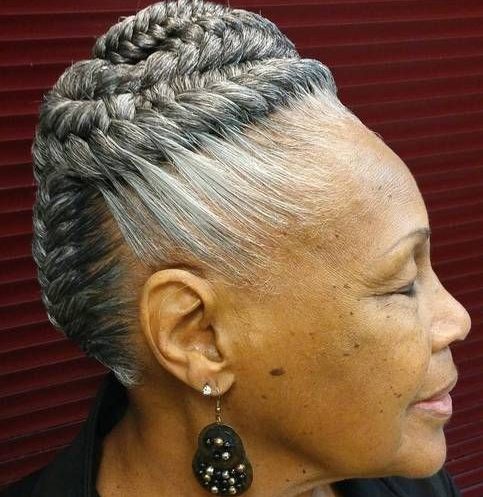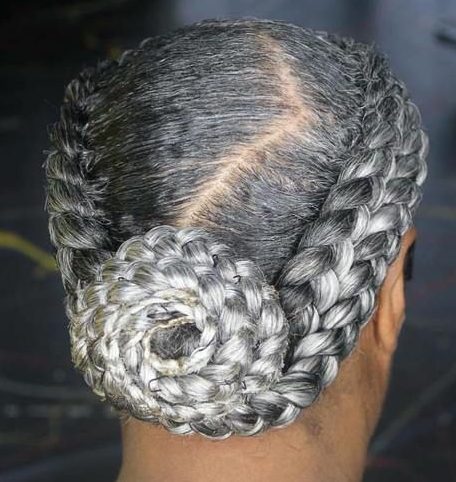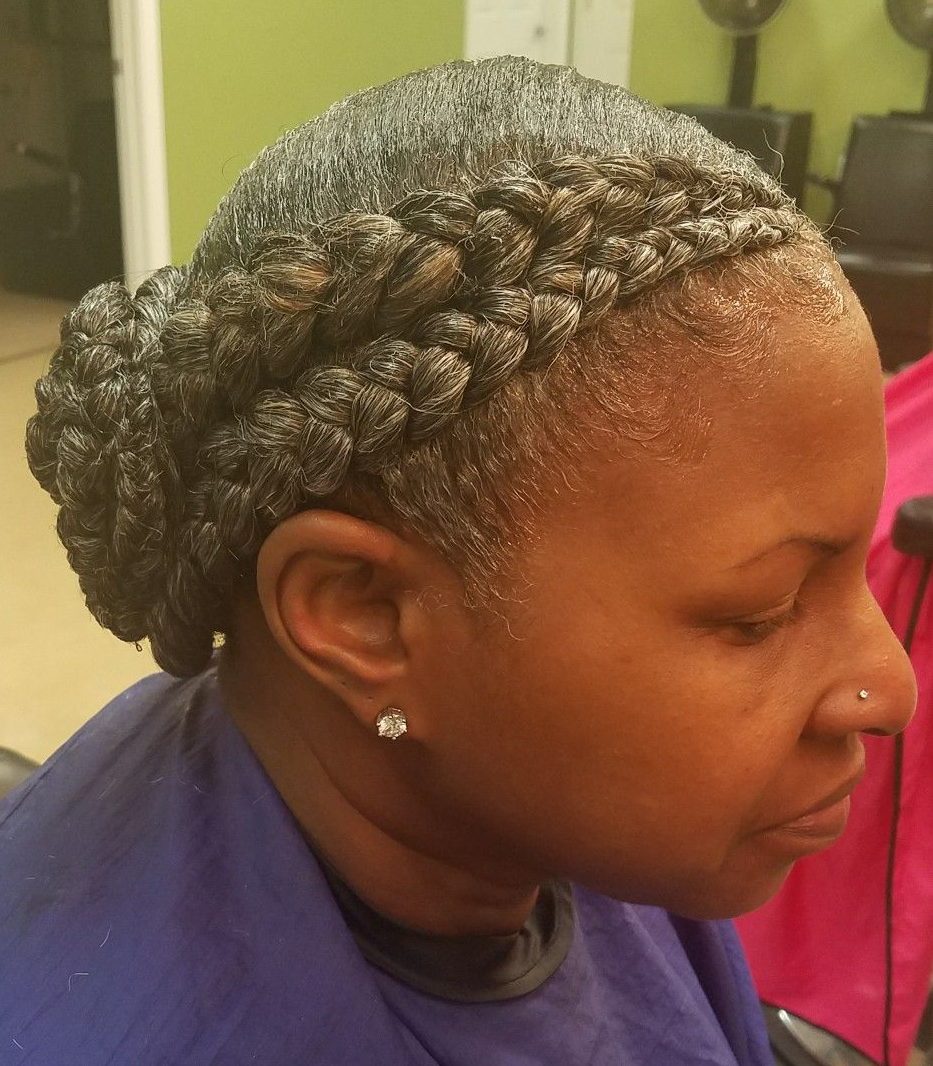People who braid too tight braids or gather their hair in “Afro-braids” or a ponytail are at risk of baldness, according to the researchers, writes the British The Times (translated by Inopress.ru). Hairstyles that are done with chemical straighteners, braids, or hair extensions, such as french jackets and braids, can damage hair and lead to bald spots over time, according to today’s British Journal of Dermatology. Scalp and hair diseases associated with these hairstyles are thought to primarily affect people of African descent. However, dermatologists emphasize that too harsh exposure to hair and combing it back is harmful to any type of hair.
According to the researchers, popular among ballerinas are tight buns, “jackets” that were sported by David Beckham, as well as the parodied Vicky Pollard, a character on the Little Britain TV show, “Croydon Facelift” (the result of pulling hair into a tight ponytail at the back of the head. – Ed. ) – all these hairstyles can cause problems.
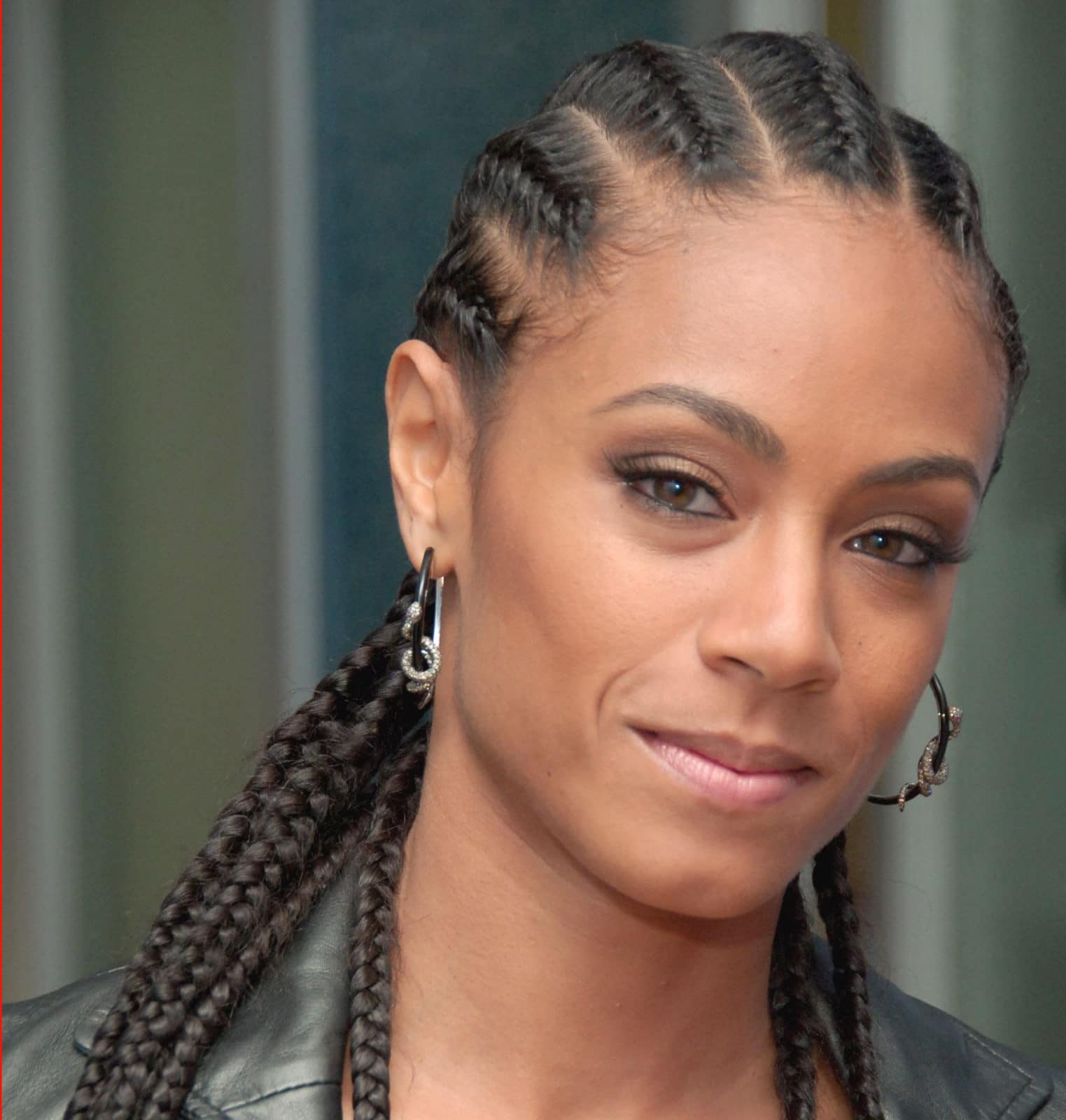
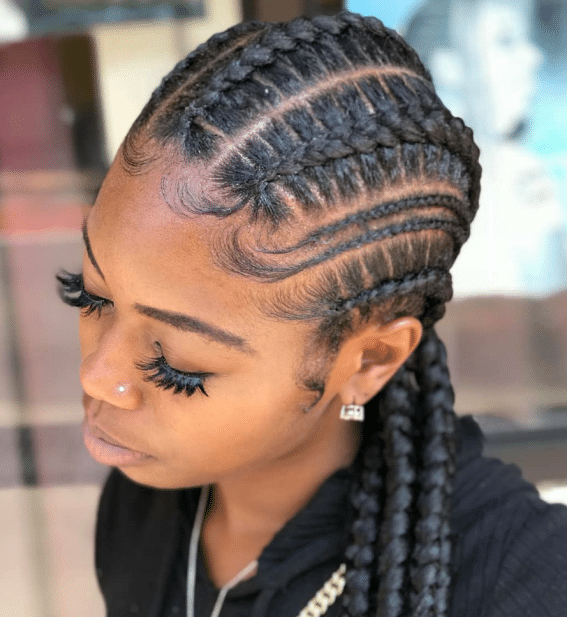
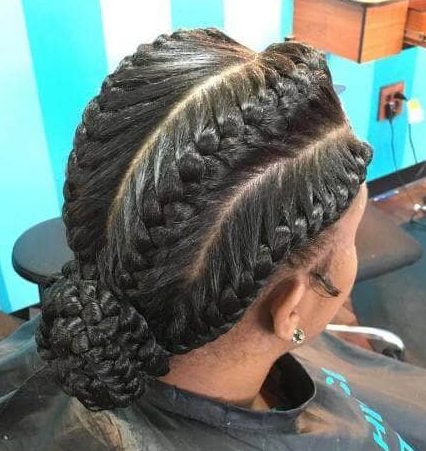
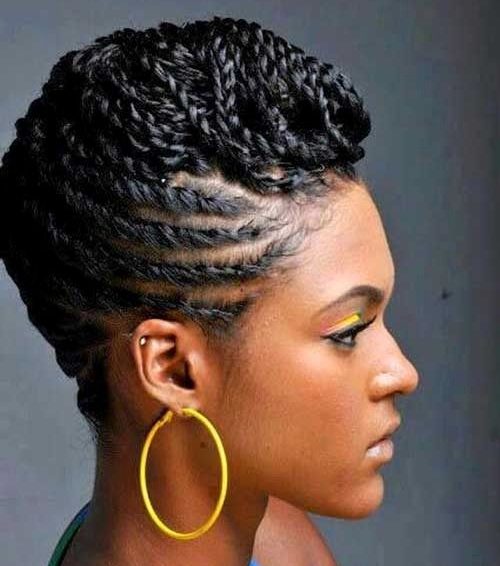
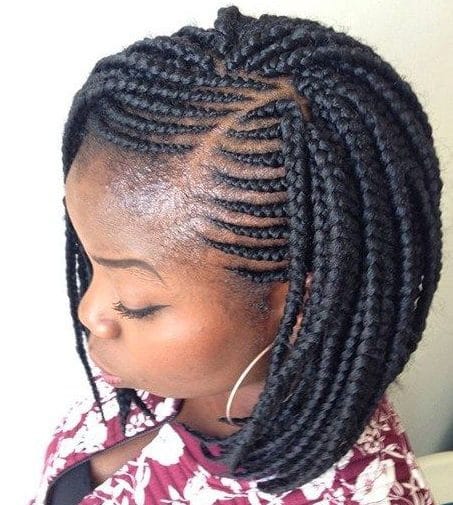
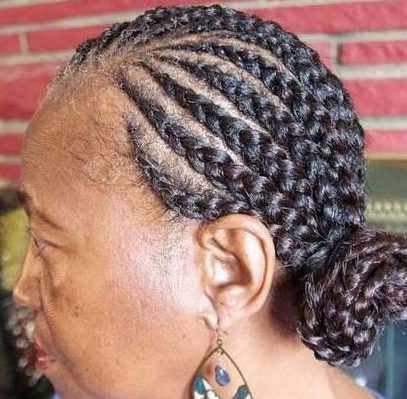
A survey of about 2,000 children and adults in South Africa showed that one in seven school-age girls and one in three women suffer from “traction alopecia”, a condition that manifests itself in hair loss and develops as a result of prolonged and strong hair tension. One in ten African males is diagnosed with a skin condition known as occipital keloid scars, which leads to acne and scarring, as well as baldness of the neck. Researchers at the University of Cape Town have linked this disease to popular hairstyles among black men, which are associated with frequent shaving of the hair at the back of the head. Also, they claim that such hairstyles increase the risk of infection in the bloodstream. Children whose hair is “softened” or straightened with chemicals to form a “tail” are at an increased risk of baldness. Every fifth child with “softened” hair has “traction alopecia”, while children whose hair is not exposed to any effects suffer from this disease only in 1 case in 20. Among adults, women with “softened” or braided hair are most at risk of baldness. The combination of softening hair with hair extensions (for example, to get “Afro-braids”) increases the risk of disease. One of the study’s authors, Dr. Nonhlanla Khumalo, said: “Traction alopecia affects girls and women, especially when their hair is first softened and then braided or extended. This can lead to troubles like hair loss. ”
“CSCs (occipital keloid scars) are more common in men who cut their hair frequently and are associated with the effects of haircuts such as acne, scabs, and bruising. Shaving machines often damage the scalp because the hair needs to be shaved at the root, ”says Khumalo.
“The risk of spreading blood-borne diseases such as viral hepatitis and HIV should be considered. Perhaps non-mechanical hair removal methods are safer, ”notes the doctor.
According to researchers, another 7% of women over 50 suffer from another type of cicatricial alopecia, which manifests itself in gradual baldness that spreads from the crown of the head. The exact cause of this ailment is unknown, but it is suspected that hair softeners are the cause. Andrew McDonagh, consultant dermatology at Royal Hallamshire Hospital, Sheffield, UK, said the findings support previously documented sporadic evidence that certain hairstyles may be the cause of traction alopecia.
“Every year we see several black patients with traction alopecia, and it is already recognized as a serious problem, especially in the US, where a large proportion of the population is black,” he said.
